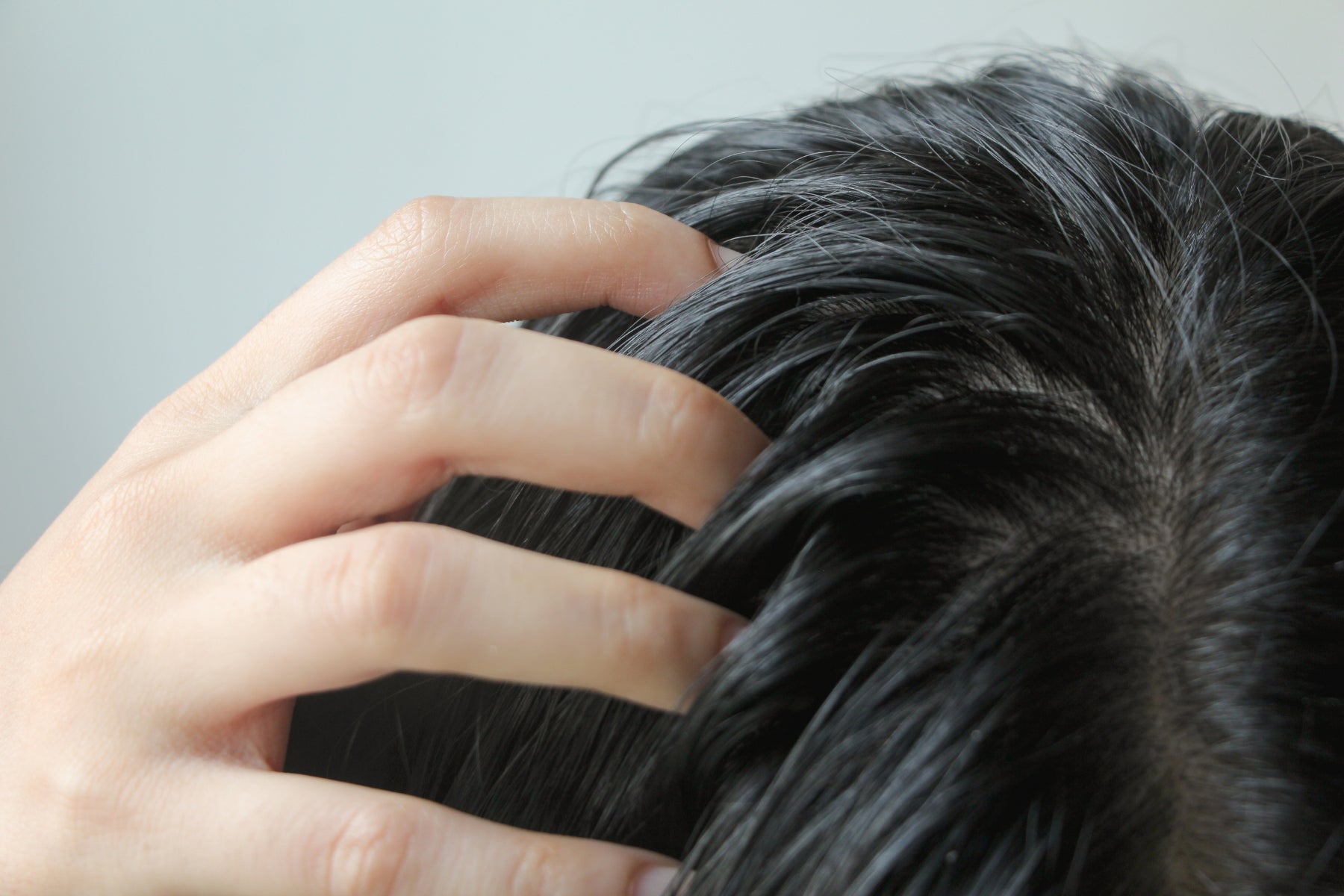
Itchy scalp: what should you know?
Itchy scalp is a sign of a condition in the scalp. Strenuous exercise, hot flashes during menopause, seborrhea, increased sun exposure during the summer months, and indoor environments with high humidity can exacerbate this itching.
In this post , we'll review the main factors that cause scalp itching . We encourage you to continue reading to learn why it occurs and how to stop itching.
Main causes of scalp itching
1. Itching caused by sweat
Sweat is a mechanism the body uses to regulate its temperature and is produced in the sweat glands. These glands are responsible for maintaining a stable body temperature, preventing the body from overheating.
In the scalp we have two types of sweat glands:
- Eccrine sweat glands . These are the most numerous, located on the upper part of the scalp and along the scalp's contour. They open directly onto the skin's surface and secrete an odorless, colorless, watery fluid.
-
Apocrine sweat glands . These glands discharge their contents into the hair follicle, the hair sheath. This fluid is denser and has an odor due to a high concentration of organic matter. This more organic composition leads to increased bacterial proliferation in these areas, which can lead to scaly skin due to an imbalance in the microbiota.
Apocrine sweat glands are located mainly in the temporal area, the lateral areas of the scalp.
Both glands respond to a variety of stimuli: an increase in body temperature but also hormonal changes, emotional states, and physical activity.
The sweat generated raises the pH of the scalp due to its urea content, and just washing it can reduce the pH and reduce itching.
Our recommendation?
Wash with a shampoo containing gentle, gentle cleansing agents. A single application of shampoo will be necessary unless the scalp is severely soiled.
2. Itching due to not removing oil from the scalp
Failure to thoroughly remove oil from the scalp encourages the development of microorganisms that feed on that oil, oxidizing it, especially at night, when itching is most common.
Our recommendation?
Use a deep cleansing treatment like H07 Sea Salt Shampoo once a week, and the rest of the days you want to wash your hair, you can do so with H01 Frequent Use Shampoo. This shampoo not only cleanses but also improves the scalp's barrier function and relieves inflammation. This ritual provides well-being for the scalp and controls itching.
3. Itching from sun exposure during the summer months
Believing that oiliness decreases in summer is a mistake, just like it is with skin. Your hair may feel drier from frequent washing, but remember that UVA radiation increases oiliness in the scalp.
An oily scalp that also sweats due to high temperatures feels matted and has visible, yellowish scales clinging to the hair shafts. These scales can even form "crusts," which can lead to hair loss.
Our recommendation?
Continue the summer months by applying H07 Sea Salt Shampoo and alternate it with H01 Frequent Use Shampoo with gentle surfactants and moisturizing active ingredients to balance oiliness.
It's essential to pay attention to the lengths and ends of your hair to prevent it from becoming too dry; applying a softening treatment is essential. You can read more tips on summer hair care here.
4. Humid environments
Leaving the scalp wet for too long can cause itching due to an alteration in the microbiota.
Our recommendation?
Dry your scalp if you feel there is not a suitable environment for it to dry quickly and do not go to bed with wet hair.
5. Leaving traces of cosmetics
Applying more shampoo than necessary or not rinsing it well can leave residue on your scalp that can cause itching.
Our recommendation?
Emulsify the shampoo in the palm of your wet hands and apply the lather to your scalp. This method of application allows you to easily reach all areas and thoroughly rinse. Read more tips on how to wash your hair here.
If you've followed these tips and the itching isn't gone, I recommend you see a specialist for evaluation. If you need any further information, please contact us at hola@modestacassinello.com. We're here to help.


Leave a comment
This site is protected by hCaptcha and the hCaptcha Privacy Policy and Terms of Service apply.